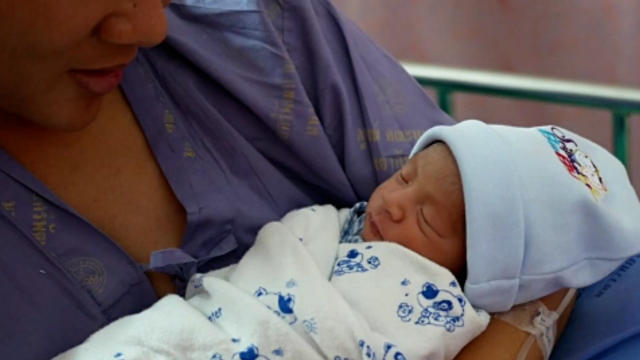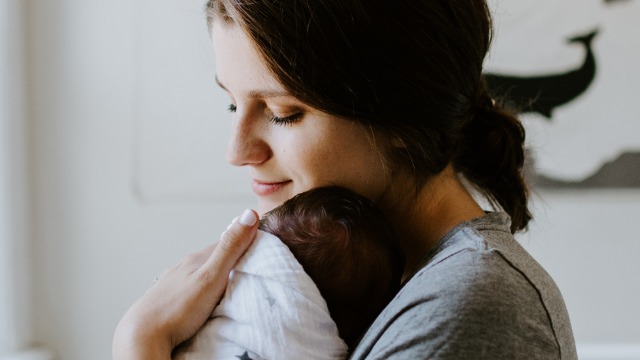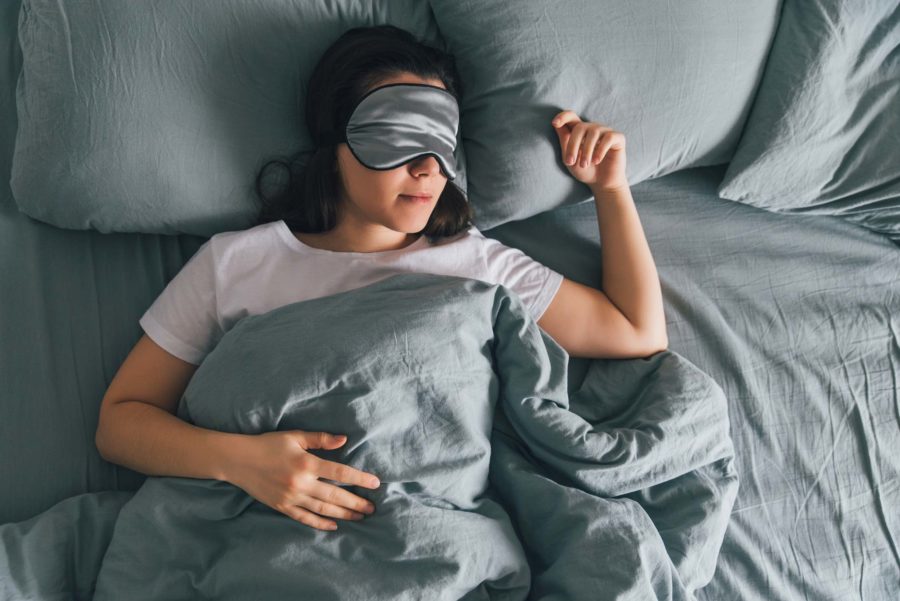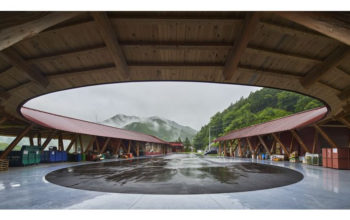Too little sleep in first six months after birth can add 3 to 7 years to women’s ‘biological age,’ UCLA scientists report-
The following written content via University of California – Los Angeles

When new mothers complain that all those sleepless nights caring for their newborns are taking years off their life, they just might be right, UCLA research published this summer in the journal Sleep Health suggests.
Scientists studied 33 mothers during their pregnancies and the first year of their babies’ lives, analyzing the women’s DNA from blood samples to determine their “biological age,” which can differ from chronological age. They found that a year after giving birth, the biological age of mothers who slept less than seven hours a night at the six-month mark was three to seven years older than those who logged seven hours or more.
Mothers who slept less than seven hours also had shorter telomeres in their white blood cells. These small pieces of DNA at the ends of chromosomes act as protective caps, like the plastic tips on the ends of shoelaces. Shortened telomeres have been linked to a higher risk of cancers, cardiovascular and other diseases, and earlier death.
“The early months of postpartum sleep deprivation could have a lasting effect on physical health,” said the study’s first author, Judith Carroll, UCLA’s George F. Solomon Professor of Psychobiology. “We know from a large body of research that sleeping less than seven hours a night is detrimental to health and increases the risk of age-related diseases.”

While participants’ nightly sleep ranged from five to nine hours, more than half were getting less than seven hours, both six months and one year after giving birth, the researchers report.
“We found that with every hour of additional sleep, the mother’s biological age was younger,” said Carroll, a member of the Cousins Center for Psychoneuroimmunology at UCLA’s Jane and Terry Semel Institute for Neuroscience and Human Behavior. “I, and many other sleep scientists, consider sleep health to be just as vital to overall health as diet and exercise.”
Carroll urged new mothers take advantage of opportunities to get a little extra sleep, like taking naps during the day when their baby is asleep, accepting offers of assistance from family and friends, and, when possible, asking their partner to help with the baby during the night or early morning. “Taking care of your sleep needs will help you and your baby in the long run,” she said. Read more from S.D.





